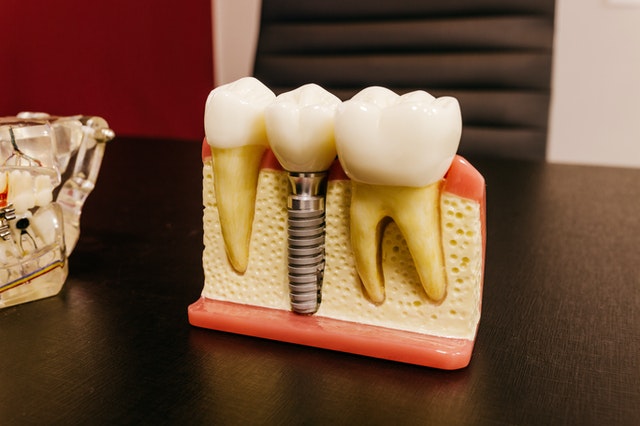Dental Implants in Raleigh & Holly Springs, NC
Permanent Replacements for Missing Teeth
Top Reasons People Choose Dental Implants
Improved appearance and self-esteem.
Dental implants can give you back your smile and help you feel better about yourself.
Improved speech.
With poor-fitting dentures, the appliance can slip within the mouth causing you to mumble or slur your words. Dental implants allow you to speak without the worry that dental appliances might slip.
Improved comfort.
Because they become part of you, implants eliminate the discomfort of removable dentures.
Easier eating.
Sliding dentures can make chewing difficult. Dental implants function like your own teeth, allowing you to eat your favorite foods with confidence and without pain.
Improved oral health.
Dental implants don’t require reducing other teeth, as a tooth-supported bridge does. Because nearby teeth are not altered to support the implant, more of your own teeth are left intact, improving the long-term prognosis of your restoration. Individual implants also allow for easier flossing, improving oral hygiene.
Durability.
Implants are very durable and can last many years.
Convenience.
Removable dentures are just that; removable. Dental implants eliminate the embarrassing inconvenience of removing dentures, as well as the need for messy adhesives to keep them in place. In cases where a denture is the only option, strategically placed implants can help with retention of removable dentures, thus making it easier to chew and improving speech.


